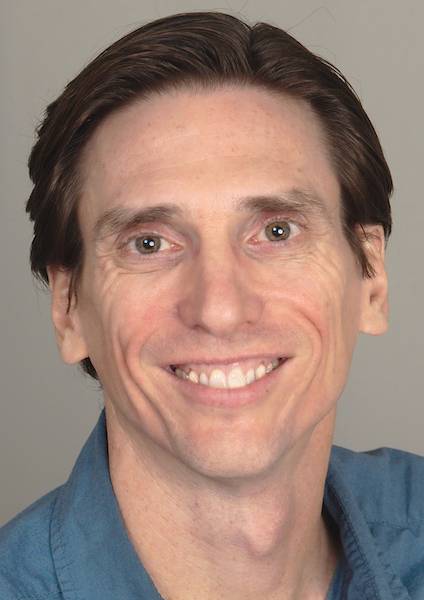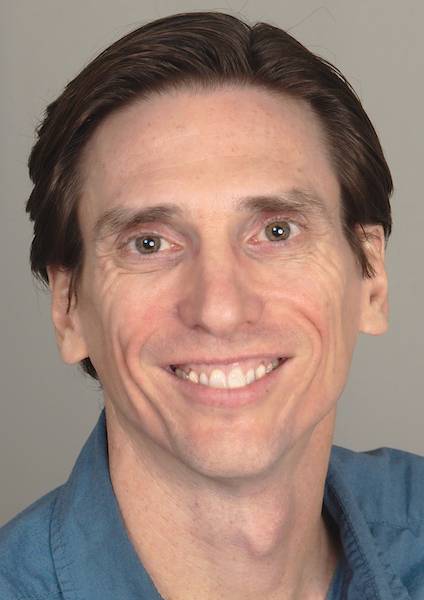Professor Bruya Receives Fulbright Award
Professor Brian Bruya has received a Fulbright U.S. Scholar Program award for 2019-20. Professor Bruya will teach graduate courses on American Pragmatism and Comparative Moral Psychology at National Taiwan University, Taiwan’s preeminent university, as part of a project to promote Comparative Philosophy.


Dr. Bruya is the author of more than two dozen articles, edited volumes, and translations in the fields of Chinese philosophy, comparative philosophy, philosophy of action, and philosophical psychology. A member of the Department of History and Philosophy since 2004, he teaches classes in early Chinese philosophy, Asian philosophy, philosophy of mind, philosophy of action, philosophy of life, philosophy of religion, and American Pragmatism.
Dr. Bruya earned his PhD from the University of Hawaii in 2004. He was previously a Fulbright Scholar at National Taiwan University in 2012-13, and he is currently a Visiting Scholar at Shandong University's Collaborative Innovation Center of Confucian Civilization. He is the chair of the American Philosophical Association's Committee on Asian and Asian-American Philosophers and Philosophies.
Professor Bruya is one of over 800 U.S. citizens who will teach, conduct research, and/or provide expertise abroad for the 2018-2019 academic year through the Fulbright U.S. Scholar Program. Recipients of Fulbright awards are selected on the basis of academic and professional achievement as well as record of service and demonstrated leadership in their respective fields.
The Fulbright Program is the flagship international educational exchange program sponsored by the U.S. government and is designed to build lasting connections between the people of the United States and the people of other countries. The Fulbright Program is funded through an annual appropriation made by the U.S. Congress to the U.S. Department of State. Participating governments and host institutions, corporations, and foundations around the world also provide direct and indirect support to the Program, which operates in over 160 countries worldwide.
